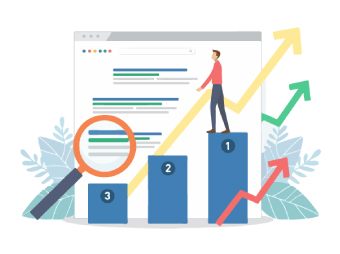Digital marketing has transformed the landscape of business growth and audience engagement. By capitalizing on widespread internet usage, businesses can now reach a global audience with tailored messages and content. Targeted advertising tools allow for precise segmentation based on demographics, interests, and behaviors, significantly improving the conversion rate of leads to customers.
One of the key advantages of digital marketing is its data-driven approach. Marketers can access real-time analytics and performance metrics to measure the success of campaigns instantly. This ability to analyze data enables quick adjustments and optimizations, ensuring that marketing efforts are effective and efficient.
Cost-effectiveness is another hallmark of digital marketing. Compared to traditional advertising methods, digital marketing typically offers a higher return on investment (ROI) because businesses can allocate their budgets more precisely. This is achieved by choosing the most cost-effective digital channels and strategies for their target audience.
Moreover, digital marketing fosters engagement through interactive content, social media, and personalized marketing messages. Engaged customers are more likely to become loyal brand advocates, thus driving further growth and expanding the brand's reach.
In today's interconnected world, digital marketing is not just an option but a necessity for businesses of all sizes. Its ability to adapt to changing consumer behavior, deliver measurable results, and facilitate cost-efficient strategies makes it an indispensable component of modern marketing efforts.





